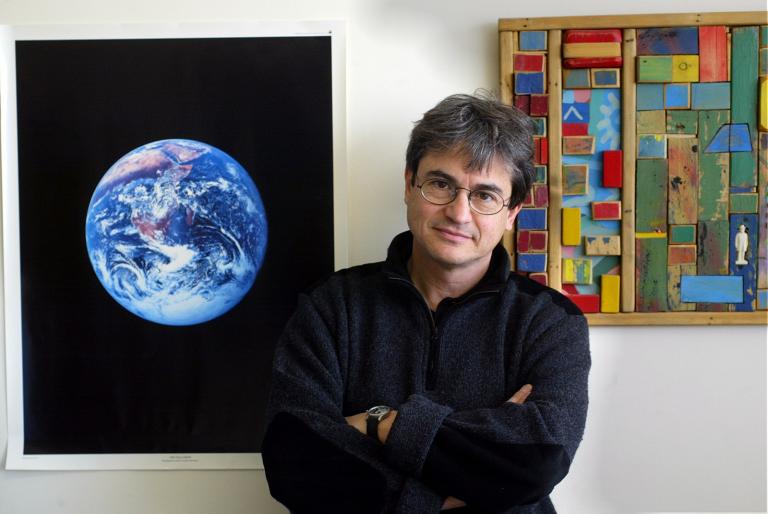
I’ve been thinking, yet again, about a rather well known quotation that is commonly — albeit, it seems, incorrectly — attributed to former First Lady Eleanor Roosevelt:
Great minds discuss ideas; average minds discuss events; small minds discuss people.
The statement may actually derive originally from a comment made by the prominent late-nineteenth-century British historian Henry Thomas Buckle:
Men and women range themselves into three classes or orders of intelligence; you can tell the lowest class by their habit of always talking about persons; the next by the fact that their habit is always to converse about things; the highest by their preference for the discussion of ideas.
The point seems to me a valid one. Pretty much so, anyway. Although I’m not so sure that it’s purely a matter of intelligence. The level of a person’s education certainly has an impact, too. And it’s certainly not a matter of social class.
But we see it plainly in the phenomena of gossip and personal attack, both of which have been given a massive megaphone by internet anonymity.
Obviously, we all have occasion to discuss people and events and ideas. We would find a person whose conversation always focused on just one of those three, or even on just two of those three, exceedingly strange. Such limitation would be unnatural. Inhuman.
But it might occasionally be wise to examine our conversations, in person and online, against the standard implied by Buckle and his successors. We should use it as a checklist, to see which of the three categories — people, events, or ideas — tend to dominate our discourse and to consider why that might be.
Plainly, there will be occupational differences and other role distinctions that will impact what we discuss. Psychiatrists and social workers and bishops will tend, quite legitimately, to speak a great deal about people. Philosophers will, I hope, spend a great deal of their time discussing ideas. Historians and journalists will necessarily concentrate on events.
There is nothing unworthy about discussing events, let alone people.
We’re not discussing professional duties, though. We’re focused, rather, on ordinary conversations and on online behavior. And we’re not talking in exclusive terms. We’re looking at propensities.
Here’s yet another quotation centered more or less on the same subject:
“Anyone who will gossip to you, will gossip about you.”











